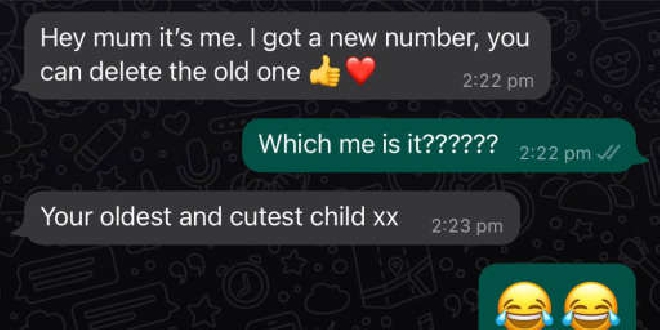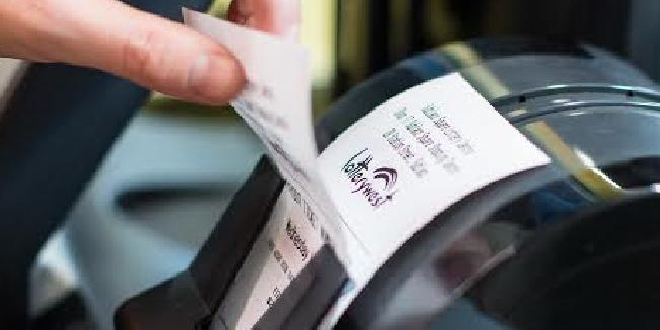
A growing number of victims in WA are falling for a text scam that targets parents who receive desperate messages for help from impostors pretending to be their son or daughter.
In the past two months, 47 reports have been received by WA ScamNet at Consumer Protection, with 25 WA victims reportedly losing a total of almost $120,000.
One individual loss was as high as $19,810.
Authorities from other states have also received reports of losses from victims.
The texts supposedly from their son or daughter firstly tell parents that their phone has been lost or damaged, or they’ve changed service providers, and that’s why they are receiving messages from a different phone number.
The messages received via text or Whatsapp usually start with ‘Hi Mum’ and continue to say they are in urgent need of money for various reasons, including:
• Need their credit card details or a bank transfer to pay for phone repairs or buy a new one;
• Need to pay an urgent bill or rent because they can’t access their bank account, promises to pay the parents back when banking services are restored;
• Sons and daughters living or travelling overseas requiring emergency funds because they are in trouble.
Acting Executive Director for Consumer Protection Penny Lipscombe said this scam creates urgency while pulling at heart strings.
“The scammers are capitalising on a parent’s strong desire to help out their children who are in financial trouble and the urgency robs them of time to question the situation they have been put in,” Ms Lipscombe said.
“Losses are mounting in WA so we really need WA parents to be aware of this scam and to stop and think before transferring any money or giving out their credit card details.
“We recommend parent’s receiving these texts verify the sender by asking questions that only their child can answer. Alternatively call the original number saved in your contacts, not the new number, to verify that the phone isn’t working. This action will reveal if it’s a scam before any money is sent and scammers profit from their deception.
“Victims who have sent money or given credit card details should contact their bank or credit card provider immediately to try to stop the transfer or ensure there are no unauthorised withdrawals from their credit card.”
Information and advice on scams is available on the WA ScamNet website where scam reports can be lodged.
Enquiries can be made by email consumer@dmirs.wa.gov.au or by calling 1300 30 40 54.



 State Government to fund Coodanup boat ramp upgrade
State Government to fund Coodanup boat ramp upgrade
 Locals claim $1m Lotto wins
Locals claim $1m Lotto wins
 Double demerits now in force over Christmas period
Double demerits now in force over Christmas period
 Firefighters contain and control Furnissdale blaze
Firefighters contain and control Furnissdale blaze
 Baldivis named as worst car park crash suburb in WA
Baldivis named as worst car park crash suburb in WA
 Mandurah man nearly misses out on $150k Lotto win
Mandurah man nearly misses out on $150k Lotto win
 Port Kennedy bushfire deliberately lit
Port Kennedy bushfire deliberately lit
 Emergency crews kept busy with Dawesville boat fire, Greenfields house fire
Emergency crews kept busy with Dawesville boat fire, Greenfields house fire
 Lotto wins for Halls Head and Byford
Lotto wins for Halls Head and Byford